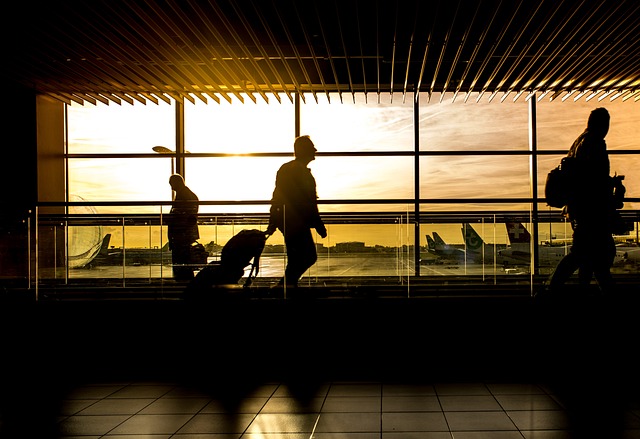Canada no longer “welcomes”, record number of rejections
TORONTO – Canada, which has always been considered “the country of welcome and inclusion”, is slowly becoming one of the most exclusive (in the literal sense of the word) places in the world. According to government data obtained by Reuters and published today (read it here: Border crackdown: Canada turning away more foreigners), in fact, Canada is closing its doors to more visitors and temporary residents, rejecting an ever-increasing number of people who reach its borders with official documents and therefore not clandestinely or fraudulently.
The data. In the month of July alone, Canada refused entry to 5,853 foreign travellers: students, workers and tourists, and it is the highest number since January 2019. Not only that: border agents rejected averaged 3,727 foreign travelers per month during the first seven months of 2024, an increase of 633 people (20%) compared to the previous year. Additionally, officials deemed 285 visa holders inadmissible in July, the highest number in any month since at least January 2019. The surge in rejections of foreign travelers comes as Prime Minister Justin Trudeau’s Liberal government, trailing in the polls ahead of elections scheduled for next year, seeks to reduce the number of temporary residents and, probably (we will know in a few days) , even permanent ones. Reason: Migrants are considered “responsible” – vox populi – for the shortage and high prices of housing. “Canadians want a system that is not out of control,” federal Immigration Minister Marc Miller said a few weeks ago.
A spokesperson for the Canada Border Services Agency said – as reported by Reuters – that the CBSA had not identified any specific policy changes and that “the role, policy and practice of the CBSA has always been to assess the admissibility of persons arriving in Canada. That hasn’t changed”. At the same time, however, Canada’s immigration department is approving fewer visas: the ratio of rejected tourist visa applications to approved ones was higher in June than at any time since the height of the pandemic. And according to data from the Immigration Department, more applications were rejected than approved in January, February, May and June of 2024. The number of approved study and work permits also fell from the multi-year highs recorded in 2023 and 2022 respectively.
It is therefore clear that immigration officials followed a line dictated by politics or, in any case, were influenced by it. According to a British Columbia immigration lawyer, Will Tao, the increase in skepticism among border officials stems from a “180-degree” change in attitude on immigration by the government. And the idea that foreigners are causing harm to Canada is spreading from politicians to front-line officials, who then act on it.
Photo by Rudy and Peter Skitterians from Pixabay



